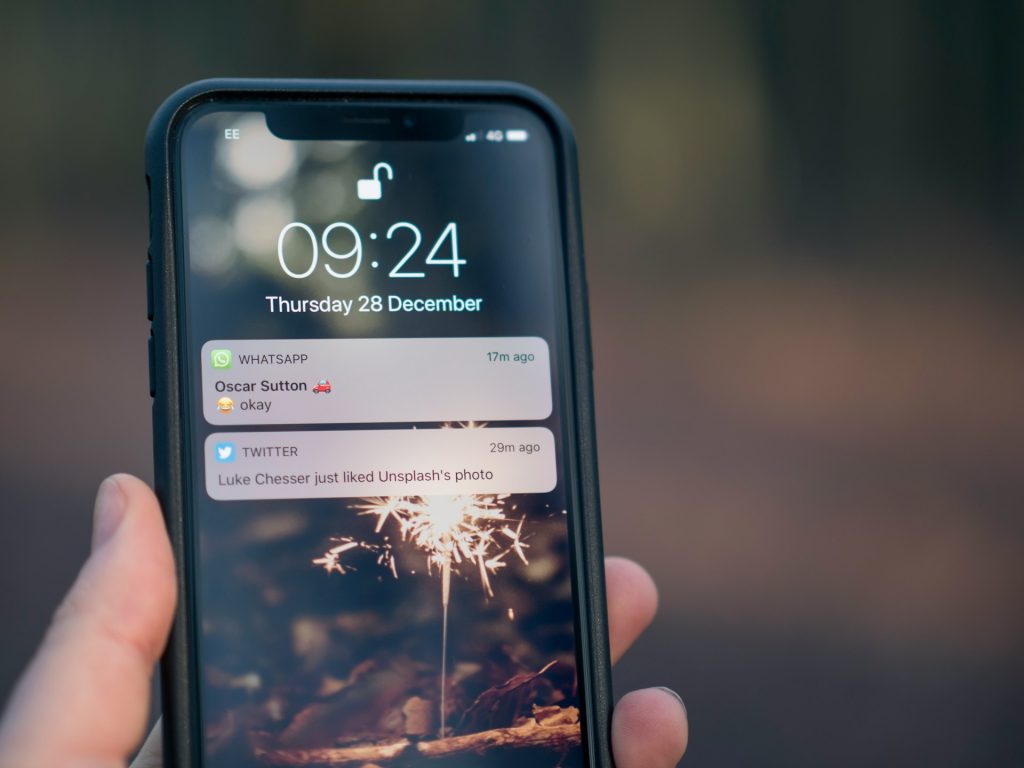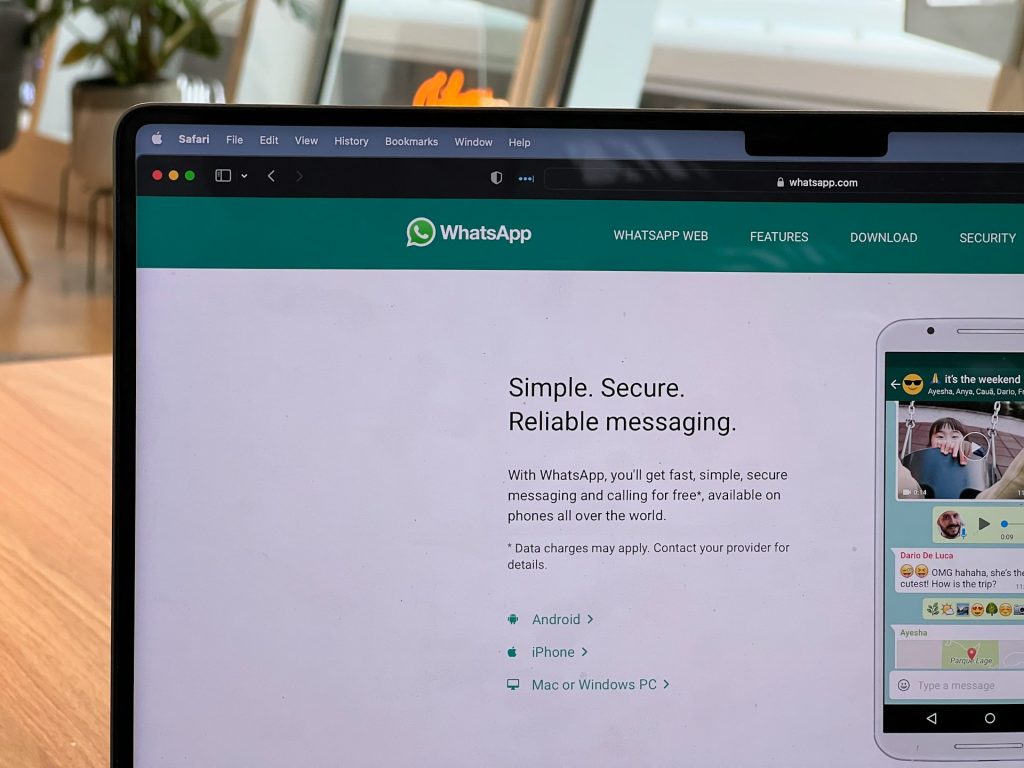WhatsApp is one of the most downloaded messengers in the world, installed on millions of devices. It provides comfortable features, easily letting users share messages, large files, high-resolution photos, and videos. WhatsApp functionality has made it indispensable in everyday communication, whether for personal or professional purposes.
Further usability enhancements, and to fight the growing problems of fake news and misinformation, WhatsApp introduces a new feature for identifying fake images. This innovative feature allows users to easily verify if an image is real. To help users verify images as to their authenticity, WhatsApp is trying to integrate the functionality of reverse image search directly into the platform with Google.
Tackling Fake Content with Reverse Image Search
WhatsApp has added a feature that allows users to reverse image search photos they receive on the messaging platform; it will help identify if an image is genuine or doctored and even find its source. WhatsApp is making critical efforts toward making the digital space safer by fighting the menace of unverified and misleading content.
Presently, WhatsApp allows the forwarding of content and video without any in-built verification. While this has been very convenient, it has caused the rapid spread of fake, at times harmfully fake, content. This new reverse image search tool will identify fake images for users and provide them with details of their origins before they share them.

Testing and Availability
According to WABetaInfo, the testing of this feature has already begun. At the same time as the rollout for Android users for the first time, WhatsApp is also extending the testing phase to its web version. This simply means users who access WhatsApp through their desktop or laptop will also be able to use this new functionality.
How the Feature Works
The reverse image search tool is integrated into the chat for easy access. Once the feature is enabled, users will find a new three-dot menu in the top right corner of the chat screen. The tool can be applied by clicking on an image to verify and selecting “Search on the Web.” This will prompt Google to search its database for matches to help identify whether an image is authentic or altered. The results can help in understanding the source of the image and whether it has been tampered with or taken out of context.
A Step Towards Safer Digital Communication
This is crucial in times when misinformation can spread like wildfire. WhatsApp will not only be upgrading the platform, but it will also create a sense of responsibility among its users in how they share information by allowing them to fact-check the credibility of an image being forwarded. From identifying fake news, manipulated photos, and misleading memes, this feature has the potential to impede the fast and wide dissemination of false information.

Besides, this would align with larger efforts by WhatsApp at ensuring user safety and reliability: the introduction of end-to-end encryption, a limit on forwarded messages, and “forwarded” labels aimed at arresting the spread of misinformation are some of its features introduced in recent times. The integration of reverse image search further underlines its intent to build more trust among its users.

The Road Ahead
Although it is still an experimental feature, a complete rollout of the feature might prove to be a major step toward fighting against fake content. Backed by Google’s huge database and searching abilities, WhatsApp will empower its users with an effective tool for staying informed and making better choices before sharing content.
While technologies continue to improve, so do the challenges brought about by managing digital communication. WhatsApp’s proactive approach to integrating innovative features such as reverse image search is one positive step to ensure this platform remains not only convenient but also secure and trustworthy for its users.

This means that users will, in a few months, expect this feature to go live and make verifying the authenticity of an image easier to help keep them or others safe online.

























